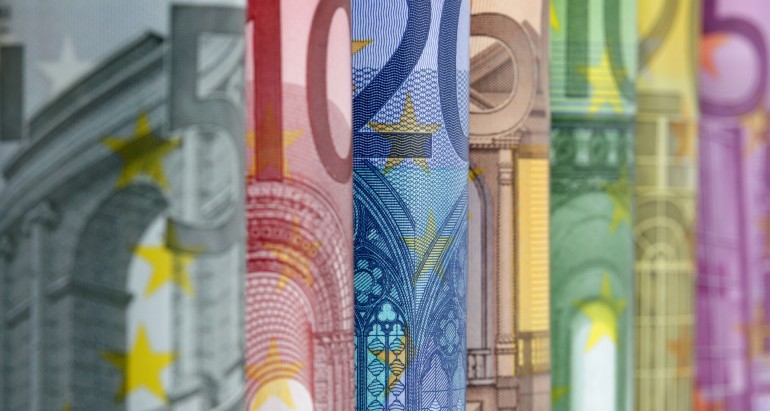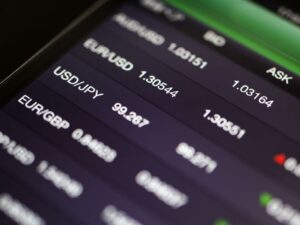
We use and exchange money every day, counting out change and unfurling banknotes, but do you ever stop to think about where your currency comes from, how currency is traded or how to make your money go further?
If you are a complete beginner to currency exchange and money transfers, it can seem like an incredibly daunting process. Fluctuating exchange rates, hidden fees, complex transactions and a myriad of currency exchange companies vying for your attention can lead to a lot of anxiety and uncertainty.
Fortunately, MyCurrencyTransfer is here to share our currency knowhow and some money transfer tips that will make the entire process that much easier to navigate.
1. The Forex Market Is Like No Other
When it comes to trading currencies, there is no central bank or institution governing the rules of trading. Surprisingly, the forex market is largely unregulated and neither is there a physical exchange. Unlike the stock markets trading within physical entities such as Wall Street and the London Stock Exchange, foreign currency exchange happens globally and virtually across phone lines and over the Internet.
2. The Forex Market Is The Largest In The World Today
The volumes of money that are traded through the forex significantly exceeds the volumes of money traded in shares and commodities. The estimated market turnover for the forex market is around $3.2 trillion on average each day.
3. It’s A 24 Hour Market
When your bank closes its doors for the day, the forex market continues to trade. It’s a global market so there are no closing or opening bells and no end of day. Instead, currencies continue to exchanged 24 hours a day and only cease trading over the weekend. That’s why it is so important to use a money transfer company that uses exchange rates as close to the latest real time exchange rates. Many banks today don’t track the latest rates and so you may not get as good a deal as you hoped if you use your bank’s money transfer service.
4. It’s All About The Majors
If you spend enough time in the presence of forex traders, you will probably hear them talking about the majors. These are the major currencies that are traded on the market the most frequently. Those currencies are: the euro (EUR), the US dollar (USD), the pound (GBP), Australian dollar (AUD), the Canadian dollar (CAD), the yen (JPY) and the Swiss franc (CHF).
5. Base And Counters
Currency rates will often be quoted in pairs. This shows the value of one currency against the other. For example, the pair EUR/USD 1.12500 shows the EUR as the base currency, and 1.2500 of USD, the counter currency, can be bought for one EUR.
6. Speculating To Accumulate
As with many global markets, the forex market is one that is largely built on speculation. Given that it is also unregulated it is little wonder why so many organisations and individuals seek their fortunes through such a volatile and risky market. In fact, only 20% of the turnover of the forex market is down to corporate needs – the rest is down to speculative transactions.
7. The Market Has Evolved
Just a few years ago, you would need to rely on your own bank to handle your currency transfer or exchange for you. Today, there are many currency transfer companies offering the same service but without the hidden charges or unfavourable exchange rates.









